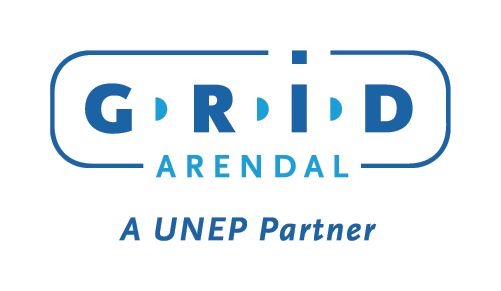Press release -
Crafting an effective treaty on plastic pollution: Emerging fault lines in the intergovernmental negotiations
The idea of a bottom-up treaty that provides a loose, multilateral framework for countries to communicate their national-level policies, versus a top-down treaty that stipulates a common set of policies for all parties, is likely to become a major fault line in the upcoming negotiations for a treaty on plastic pollution.
The distinction between top-down and bottom-up is a recurring issue in discussions about multilateral treaty making. Simply put, “top-down” indicates that rules are adopted at the global level and then implemented at the national level, while “bottom-up” indicates that laws and policies are developed at the national level and then typically reported to the global level. Should the new treaty require all parties to adopt and implement a common set of control measures?
Or should the new treaty be a framework for parties to implement nationally determined control measures? This report examines the distinction between a bottom-up and a top-down approach to treaty-making, and argues that a plastic pollution treaty containing core provisions with specific and binding global rules and standards will likely address the problem of plastic pollution more effectively than a bottom-up treaty based solely on country-driven approaches.
Related links
Topics
- Environment, Energy
Categories
- klima
- plastic pollution
- miljø
- new policy brief
Any questions?
Please contact:
press@grida.no
Head of Media Relations
Maria Dalby
+47 9064 0556
Maria.dalby@grida.no
